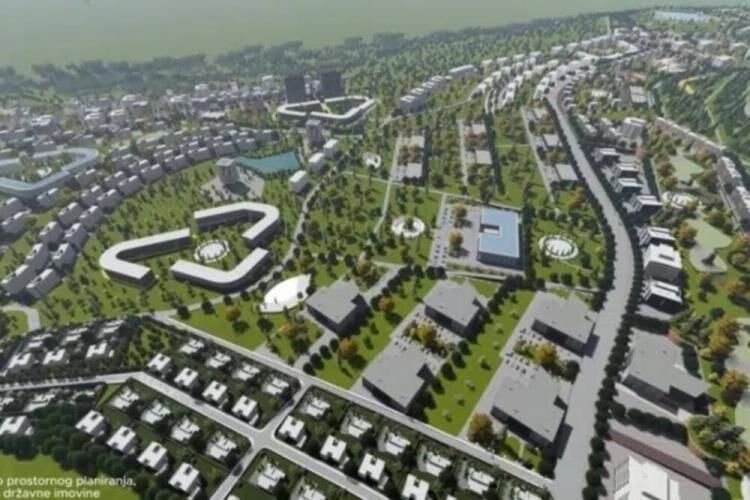Understanding Urban Planning and Property Laws in Montenegro

Urban Planning in Montenegro
Montenegro's urban planning policies are governed by national, regional, and municipal frameworks to ensure sustainable development while preserving the country’s natural and cultural heritage.
-
General Urban Plans (GUP)
- Each municipality has a General Urban Plan that defines land use, construction zones, and infrastructure development.
- These plans are updated periodically to align with economic growth and environmental priorities.
-
Detailed Urban Plans (DUP)
- The DUP specifies construction rules, building heights, density, and other parameters for specific zones.
- Investors must comply with DUP regulations when seeking construction permits.
-
Coastal Area Management
- Special attention is given to Montenegro’s coastal regions to balance tourism growth with environmental protection.
- Coastal Development Plans restrict overdevelopment and regulate land use near protected areas.
Construction Laws and Building Permits
Before undertaking construction projects, property developers and buyers must adhere to Montenegro’s construction laws:
-
Building Permit
- A building permit is mandatory for any new construction or major renovation.
- Applications are submitted to the local municipality and must include project designs, environmental impact assessments, and compliance with urban plans.
-
Architectural Review
- All construction projects undergo architectural review to ensure they align with local aesthetic and structural standards.
- This process is crucial, especially in areas with historical or cultural significance.
-
Occupancy Permit
- Once construction is complete, an occupancy permit is required before the property can be used or sold.
- This permit certifies that the building complies with safety and design regulations.
Property Ownership and Land Titles
Montenegro offers a transparent and straightforward system for property ownership, attracting both local and foreign investors.
-
Land Registry
- All properties are registered in the Real Estate Cadastre, which provides information on ownership, boundaries, and legal status.
- Buyers are advised to verify the property’s status in the cadastre before purchase.
-
Foreign Ownership
- Foreign nationals can own property in Montenegro, with the exception of agricultural land and properties in border areas.
- For restricted categories, foreigners may establish a Montenegrin company to facilitate ownership.
-
Condominium and Apartment Ownership
- Montenegro recognizes condominium ownership, allowing buyers to own individual units within multi-apartment buildings.
- Ownership includes a share in common areas such as staircases, elevators, and gardens.
Zoning and Land Use
Zoning laws play a vital role in defining permissible activities on a piece of land.
- Residential Zones: Primarily for homes, apartments, and vacation properties.
- Commercial Zones: Areas designated for businesses, offices, and retail establishments.
- Mixed-Use Zones: Allow a combination of residential, commercial, and recreational developments.
Developers and buyers must confirm a property’s zoning status before purchase or construction to avoid legal complications.
Recent Government Initiatives
The Montenegrin government has implemented several reforms to streamline property transactions and encourage investment:
-
Digitalization of Land Registry
- The real estate cadastre is now accessible online, enabling quicker verification of property titles and legal statuses.
-
Simplified Permitting Process
- Efforts have been made to reduce bureaucracy and expedite building permit approvals.
-
Infrastructure Development
- Investments in roads, utilities, and public services aim to enhance property values and support urban expansion.
Key Considerations for Buyers
-
Legal Assistance
- Hiring a local lawyer is highly recommended to navigate property transactions and ensure compliance with Montenegrin laws.
-
Architectural Expertise
- Engaging an architect can help assess a property’s development potential and ensure that construction plans adhere to regulations.
-
Municipal Reports
- Detailed municipal reports provide insights into zoning, infrastructure availability, and urban planning policies affecting a property.
Conclusion
Montenegro’s well-defined urban planning system and property laws create a stable environment for real estate investment. By understanding local regulations and working with qualified professionals, buyers can navigate the complexities of the market and unlock the full potential of their investment.
For more guidance and the latest property listings, visit Realty in Montenegro. Let us help you secure your ideal property with confidence and ease.
